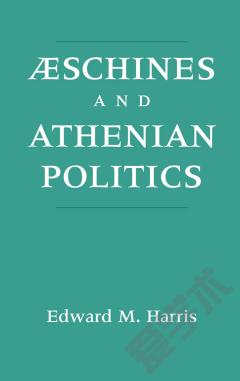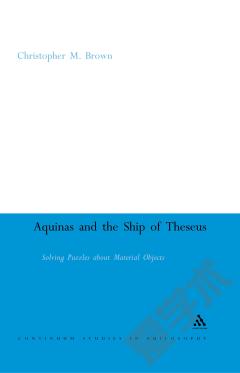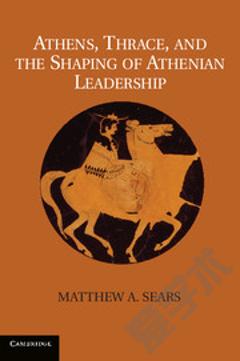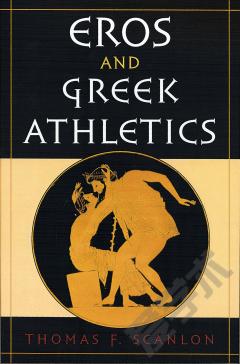Theseus and Athens
Theseus is celebrated as the greatest of Athenian heroes. This work explores what he meant to the Athenians at the height of their city-state in the fifth century B.C. Assembling material that has been scattered in scholarly works, Henry Walker examines the evidence for the development of the myth and cult of Theseus in the archaic age. He then looks to major works of classical literature in which Theseus figures, exploring the contradictions between the archaic, primitive side of his character and his refurbished image as the patron of democracy. His ambiguous nature as outsider, flouting accepted standards of behavior, while at the same time being a hero-king and a representative of higher ideals, is analyzed through his representations in the work of Bacchylides, Euripides, and Sophocles. This is the only work of scholarship that examines the literary representation of Theseus so thoroughly. It brings to life a literary character whose virtues, flaws, and contradictions belong in no less a degree to his creators, the people of Athens.
{{comment.content}}








 京公网安备 11010802027623号
京公网安备 11010802027623号